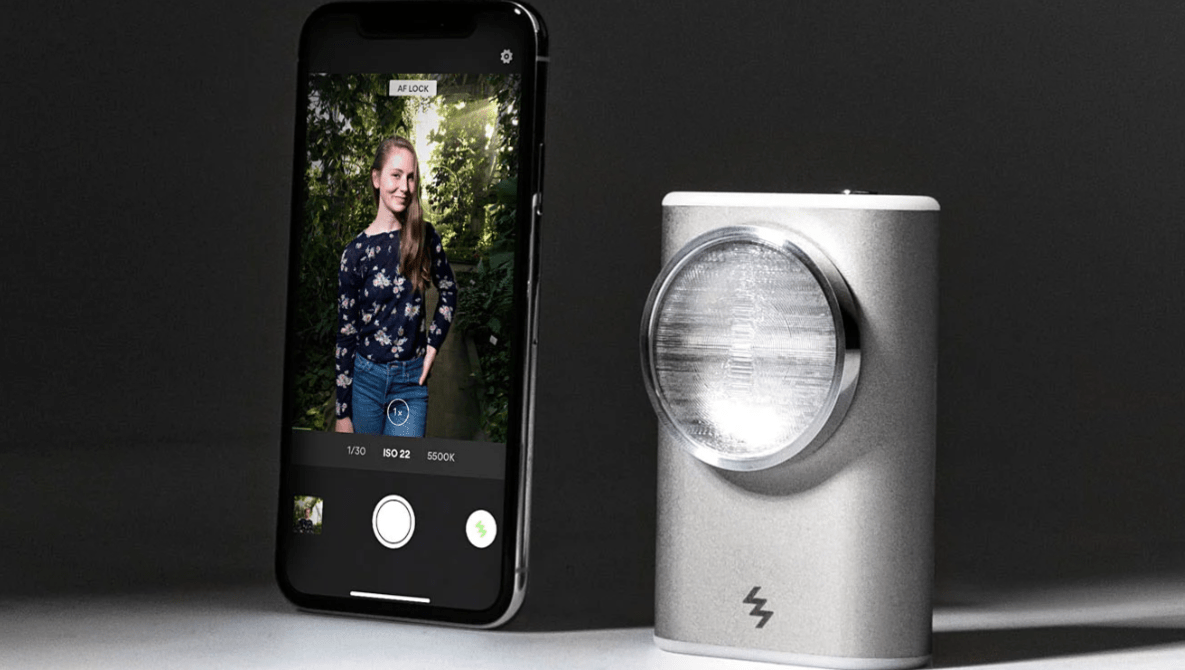Back in April, an off-camera flash that promised to allow studio quality lighting for smartphones was launched on Kickstarter. LIT Flash was advertised as a powerful xenon wireless flash, but despite reaching 150% of its funds, it has since been canceled, and the campaign closed.
The team behind the product claim that after a re-evaluation of finances meant the true cost of producing the flash was significantly higher than first estimated.
Taking to their Kickstarter page, the LIT creators wrote:
After doing some additional calculations during the campaign, we realized we won’t be able to make it a reality with just our initially set funding goal and newly uncovered product ambitions.
Based on the current funding rate, we might be able to push the product development and production through, but it would take considerably more funds to make it in a way that would meet our high standards.
The campaign’s funding goal had been set at a respectable $40,000. Such enthusiasm was there for the product – initially due to launch in January 2020 with a rather hefty price tag of $329 – that donations exceeded the goal and hit a total of $65,088. Regardless, the project has now been canceled.

A side by side comparison showing the strength of the average LED phone flash vs the LIT flash.
Anyone who backed the project needn’t be worried; as with all Kickstarters, money is only collected if the product comes to fruition.
The LIT creators hinted they might revisit Kickstarter at some later time with a new campaign.







I feel stuff like this is a great reminder that while often KS innovations are cool ideas and potentially awesome products that most KS inventors have zero experience with the actual business of manufacturing and landing a mass produced product and thus they are walking into a lot of surprises that they never accounted for during the campaign.